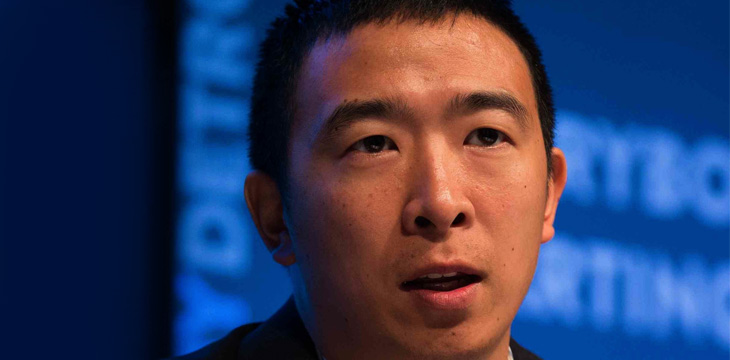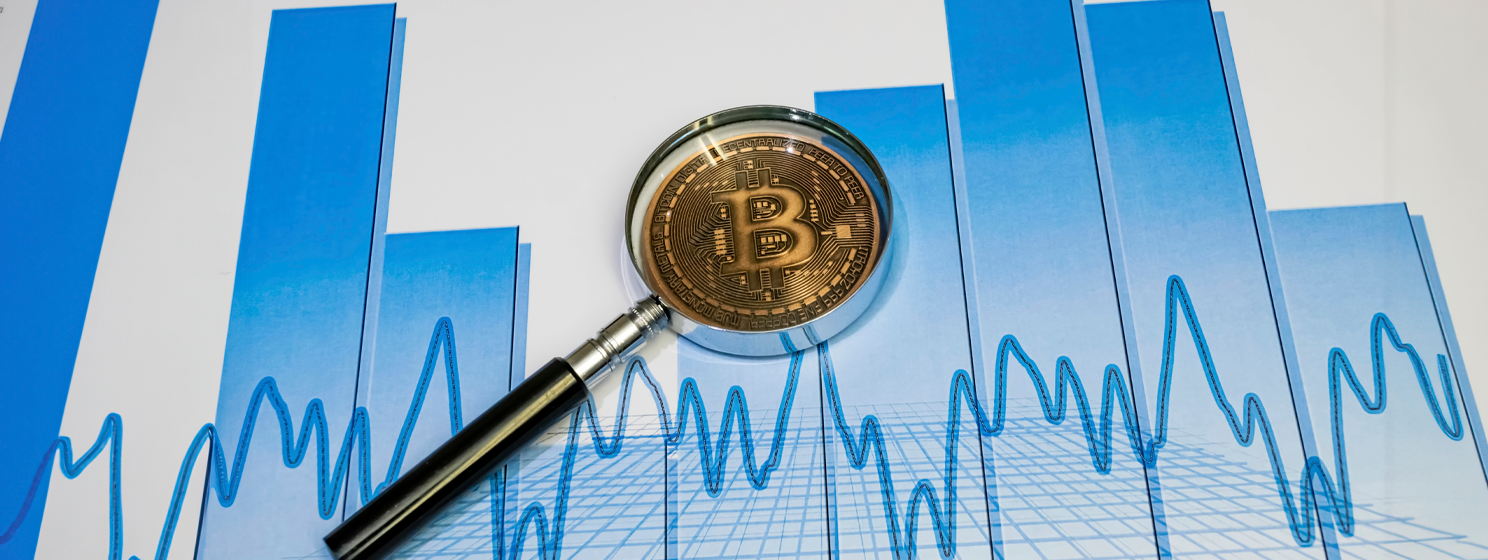|
Getting your Trinity Audio player ready...
|
U.S. Democratic Presidential candidate Andrew Yang has been one of the more forward thinking candidates in the 2020 race. Trying to maintain that edge, the candidate is now pushing for mobile voting in elections, with a blockchain to record the votes.
Yang’s campaign website, which has dozens of policy discussion points on it, specifically has a “modernize voting” section listed under “Democracy/Governance.” In it, Yang bemoans how difficult it is to currently vote in America:
“Considering the advances in technology, there’s no reason why we should still be waiting in line at polling stations to cast votes. The machines being used in most locales are also as vulnerable to tampering and hacking as modern technologies.”
The website notes that in presidential election years, barely over 50% of eligible voters show up to make their choice, and accounts for this because it is difficult and time consuming to go through the process of voting.
Yang’s campaign promise for this, listed at the bottom of the page, broadly notes that he’d use modern technology to improve the process. But listed in a quote on the page, Yang declares:
It is 100% technically possible to have fraud-proof voting on our mobile phones today using the blockchain. This would revolutionize true democracy and increase participation to include all Americans – those without smartphones could use the legacy system and lines would be very short.
This is a great idea, and one that could be achieved very easily and with the most benefit on a blockchain built to scale massively: Bitcoin SV (BSV). As it is currently, over 120 million Americans voted for President in 2016, a number that’s likely to increase substantially if anyone could vote from their smart phone. Considering U.S. voters also have to vote on local election, congressional races, and several ballot initiatives, that can easily add up to over a billion individual votes being registered and tabulated in just a few hours’ time.
That’s a perfect use case for BSV to take on. It’s the only blockchain that has proven it can scale massively to the needs of such at ask, already handling the biggest blocks and thousands of transactions. It also has the Tokenized platform, which was built specifically to handle the kind of thing Yang is talking about.

 02-10-2026
02-10-2026 




